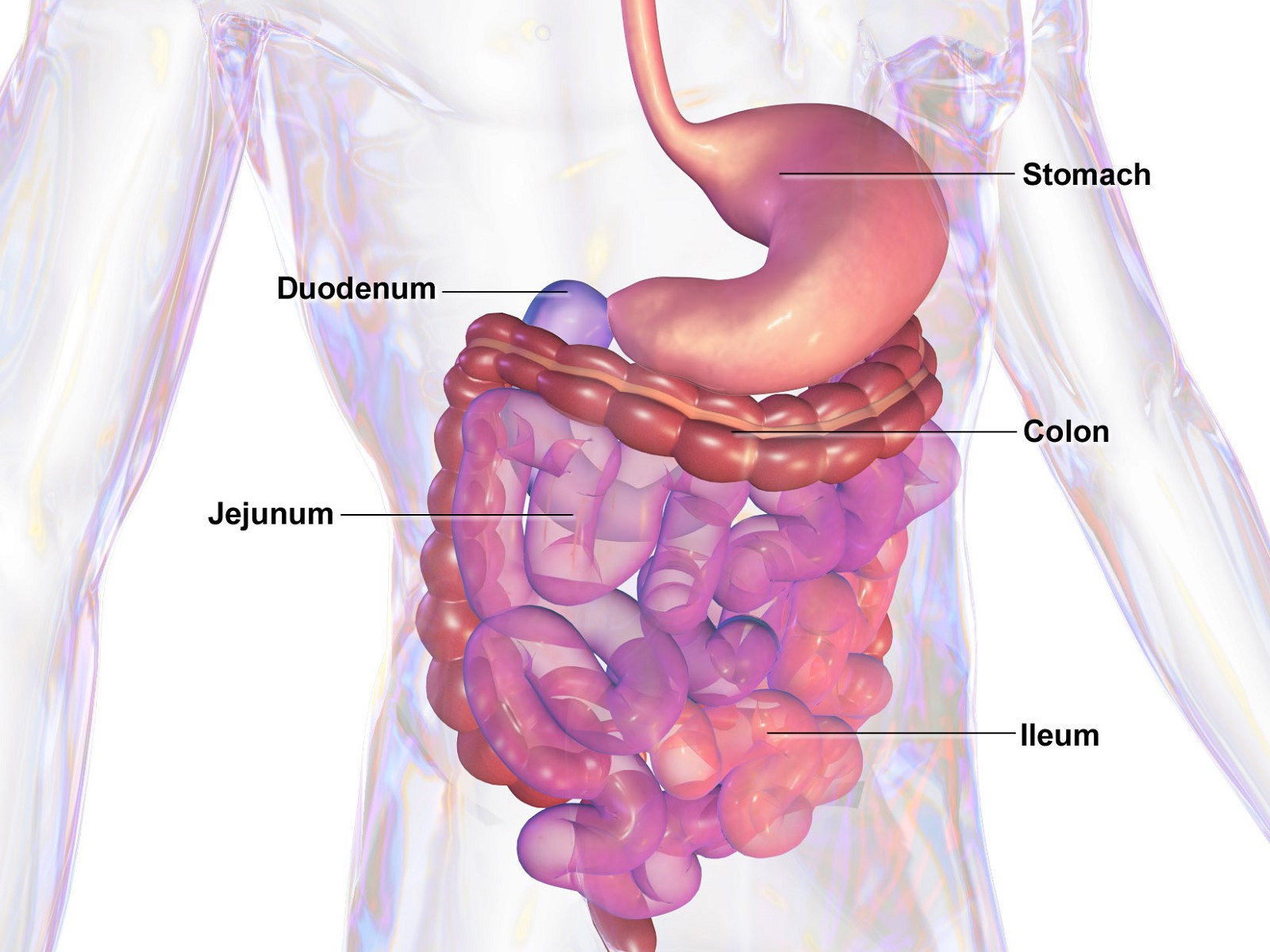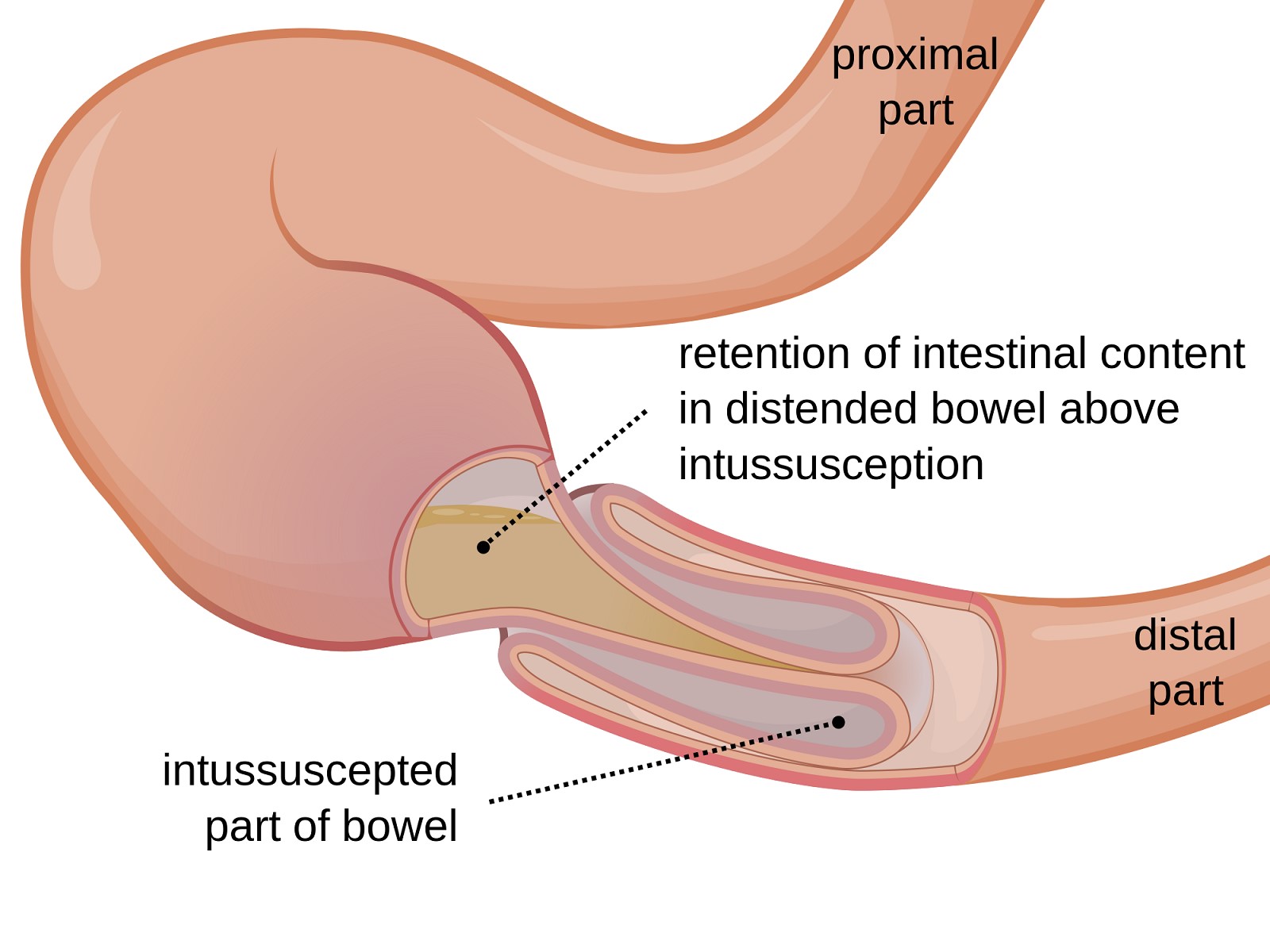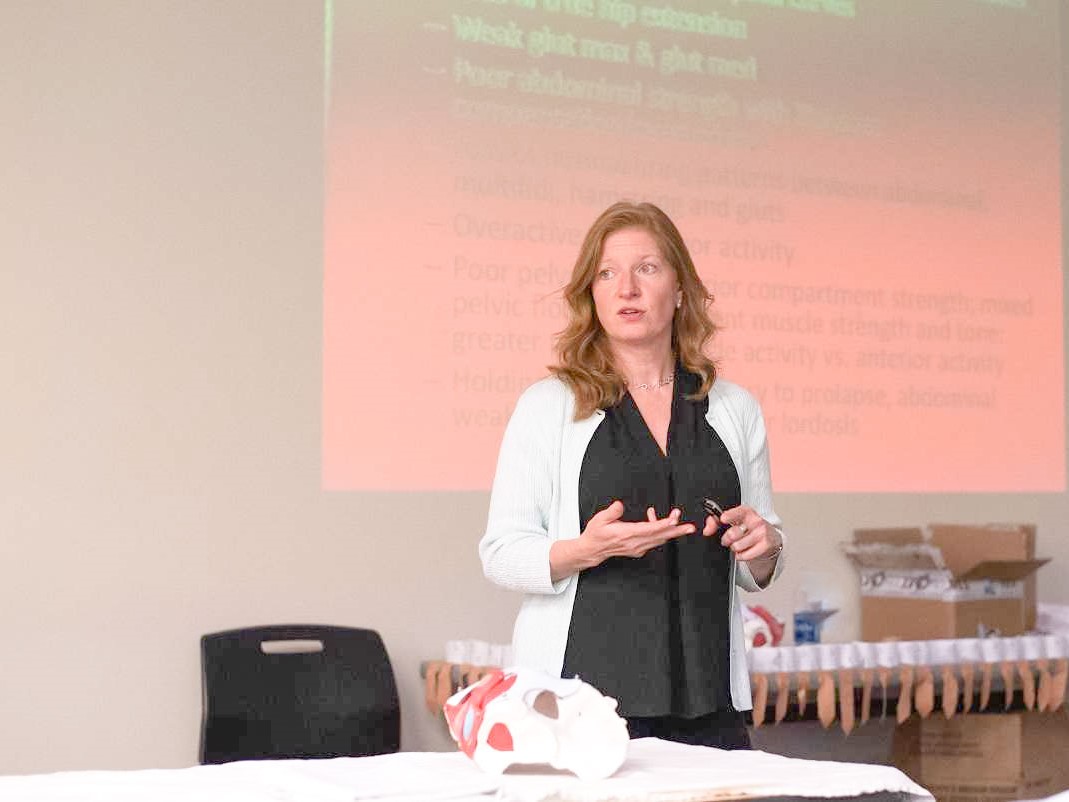Bowel Pathology, Function, Dysfunction and the Pelvic Floor
| Price: $495 (Early Registrant Price $475) Experience Level: Intermediate Contact Hours: 16 |
This intermediate, two-day course covers comprehensive evaluation and treatment techniques for bowel pathologies and dysfunctions, including fecal incontinence, chronic constipation, and the relationship between constipation and rectal and/or abdominal pain. According to the National Digestive Diseases Information Clearinghouse, constipation affects up to 15% of the population, and fecal incontinence affects almost 1 in 12 people. Interestingly, research by Nurko and Scott in 2001 has described both incomplete emptying and constipation as being associated with fecal incontinence. How does the pelvic rehabilitation provider determine on which dysfunction to focus? And which factors influencing bowel dysfunction are modifiable? What is the role of the pelvic floor muscles in relation to bowel health? All of these questions and more are addressed in Lila Abbate's specialty course on bowel pathology, function and dysfunction. As knowledge of the pelvic structures and nervous system are critical in understanding the pelvic rehabilitation provider's role in bowel dysfunction, anatomy and physiology of the gastrointestinal system and pelvis will be discussed throughout the course. The implications of the pelvic floor muscles specific to bowel dysfunction will be instructed so that the participant can increase comfort level with examination, evaluation, and intervention strategies.
The Bowel Pathology, Function, Dysfunction & the Pelvic Floor course covers the use of food and fluid diaries, over-the-counter and home remedies, and use of prescription medication to treat bowel dysfunction. Relevant, basic nutrition principles will be instructed so that a provider can make recommendations towards healthy digestion based on the results of completed food and fluid diaries. This course includes comprehensive lab-based skill acquisition with internal (vaginal or rectal) palpation, sphincter muscle releases, abdominal wall massage to improve bowel motility, palpatory skills for the visceral evaluation and treatment of the sphincter and large intestine motility, and corrective taping techniques for the abdomen when needed. Therapists will also learn how to utilize anorectal manometry balloons in the clinic which is a technique that can help in increasing sensitivity or decreasing sensitivity to rectal filling, depending on the patient's presentation and needs. In addition, although participants in this continuing education course will not be instructed in the basic use of an sEMG (surface electromyographic) biofeedback device, therapists will learn how to recognize and treat paradoxical pelvic floor muscle contractions, and will be able to prescribe home biofeedback when appropriate utilizing current, evidence-based principles.
Having a familiarity with the medical evaluation of bowel dysfunctions can be very useful in the clinic, and this bowel course will instruct in common medical tests, interpretation, and meaningfulness to the pelvic rehabilitation provider. Typical physical therapy outcomes tools for pelvic floor and bowel health will be instructed so that participants can properly measure baseline and discharge outcomes.
Audience:
This continuing education seminar is targeted to physical therapists, occupational therapists, physical therapist assistants, occupational therapist assistants, registered nurses, nurse midwives, and other rehabilitation professionals. Content is not intended for use outside the scope of the learner's license or regulation. Physical therapy continuing education courses should not be taken by individuals who are not licensed or otherwise regulated, except, as they are involved in a specific plan of care.
Prerequisites:
It is required that the participants have a working experience with evaluating and treating patients with pelvic pain inclusive of both vaginal and rectal examination. Pelvic Floor Level 1, through Herman & Wallace or Pelvic PT 1 through the APTA is strongly recommended.
Special Considerations:
As this continuing education course includes lab work, all course attendees should come prepared to participate as both clinician and patient.
References
Nurko S, Scott S. COEXISTENCE OF CONSTIPATION AND INCONTINENCE IN CHILDREN AND ADULTS. Best practice & research Clinical gastroenterology. 2011;25(1):29-41. doi:10.1016/j.bpg.2010.12.002.
Upon completion of this continuing education seminar, participants will be able to:
1. Identify the structures and functions of the digestive system, and have a general understanding of bowel disease.
2. Understand general medical assessment, medical tests and outcomes, medications given and how they relate to pelvic floor function/dysfunction.
3. Palpate and treat more specific musculature via the anorectal canal to improve chronic constipation and paradoxical pelvic floor function.
4. Explain the functions of the pelvic muscles during continence and defecation.
5. Instruct in general nutritional guidance for continence and bowel health.
6. Effectively utilize sEMG biofeedback to increase or decrease pelvic floor muscle activity
7. Assess and provide corrective exercises for abdominal wall separation.
8. Apply principles of differential diagnosis for pelvic muscle dysfunction versus bowel disease.
9. Create an appropriate plan of care based on a patient’s symptoms and physical examination.
10. Select the most appropriate physical findings and use of validated questionnaires to determine a treatment plan.
|
Day One: |
Day Two: |
We always want to hear from those interested in hosting our courses. We work with healthcare organizations of all types, sizes, and locations. Please, Contact us about Hosting Bowel Pathology, Function, Dysfunction and the Pelvic Floor or any other course!
Excellent course. Well explained. Gives lot of time for questions.
- Catherine Mascal, PT - Sacramento, CA
This was a great course with a wonderful instructor! I feel much more confident with treating bowel disorders!
- Morgan Hartmann, PT, DPT - Draper, UT
I started H&W classes >1.5 years ago and don’t plan on stopping soon. Each new topic opens another look for exploration. Thank you!
- Sheena Dauer, DPT - Montevideo, MN
Lila does a great job of facilitating the class to keep it interesting, yet relevant to the topic. She uses a good amount of humor and personal experiences, yet limits others(respectfully) from deviating from the purpose of the course and our roles as therapists.
- Brooke Erstad PT, DPT, WCS - West Fargo, ND
Lila was awesome! I learned so much form her and this course. This course very nicely complements 2A for further bowel knowledge.
-Megan Rorabeck, DPT - Portsmouth, NH
Lila and Dana were awesome. The bowel pathology course was extremely helpful! Now feel confident in treating chronic constipation and fecal incontinence.
-Ellen Yost, DPT, CLT - North Derwick, ME
Great informative course!
-Lisa Gable, PT - Knoxville, TN
I’ve learned an incredible amount of material. This weekend that I will be able to immediately put in to practice. Thanks for sending such an amazing instructor to Maine!
-Kacey Hutchins, PT - Blue Hill, ME
Lila presented a comprehensive course that I will benefit from immediately for both patients and personal information to help through information research in bowel pathology.
-Jill L. Overlock, PT - Bangor, ME
Very helpful every day. Feel much better-treating bowel pathology pts. That I did before this weekend.
-Louise Litzy, PT - Danville, PA
Lila is an incredible teacher who really loves the course naturally!
-Katey Blumenthal, DPT - Salt Lake City, UT
Great course! Great information and Examples.
-Tara Phelps, DPT - Helena, MT





